December 3, 2020
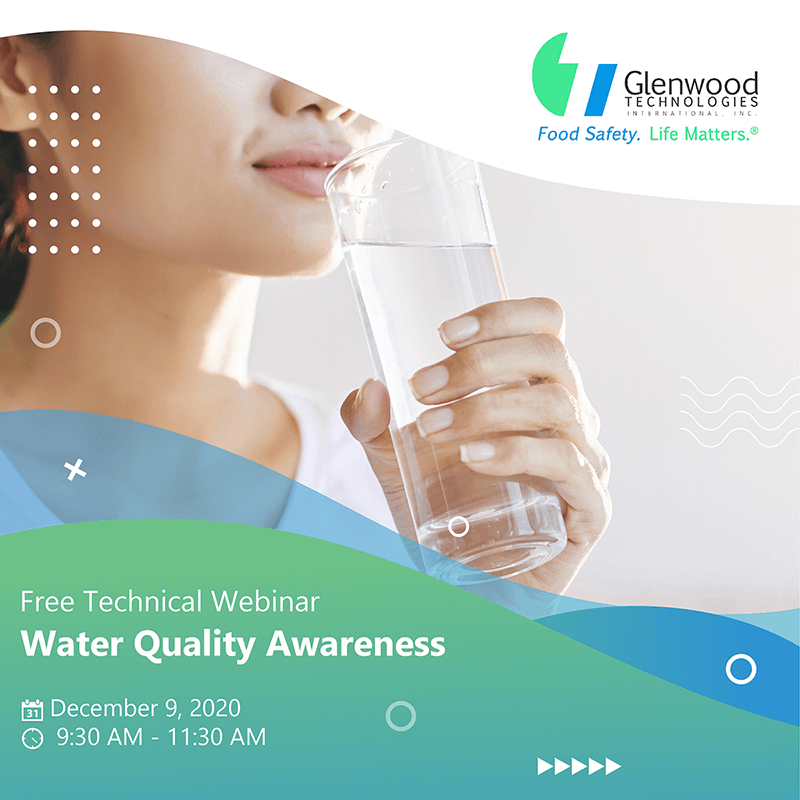
Quality water is safe water, but what does “water quality” mean? According to the US Geological Survey, water quality can be thought of as a measure of the suitability of water for a particular use based on selected physical, chemical, and biological characteristics. Drinking water is a necessity to sustain life; its quality varies from place to place but it ultimately must meet certain water quality standards such as the Philippine National Standards for Drinking Water (PNSDW) to ensure that it is free from harmful contaminants and is safe for public consumption.
October 22, 2020
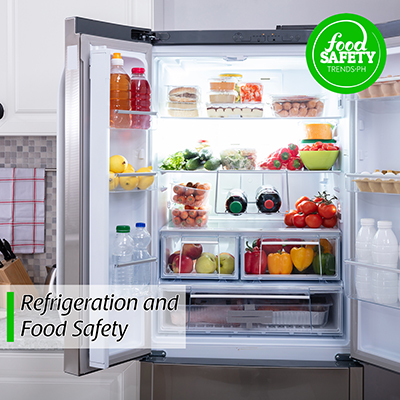
Refrigeration plays a large role in keeping your food safe as it slows bacterial growth. A well-functioning refrigerator set at the right temperature will reduce the risk of bacterial contamination in stored foods. That is why it is important that food storage, especially in refrigerators and freezers, is properly monitored. Make sure to follow these tips from the US Food and Drug Administration (US FDA) to ensure the safety of your food:
October 12, 2020
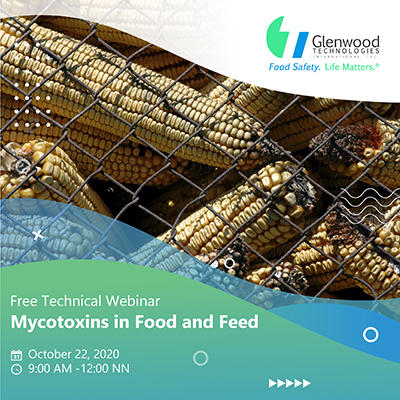
Ace our food safety quiz and get a chance to win a set of the Food Safety Trends Philippines Magazines, Sodexo gift certificates, and other freebies!
September 14, 2020
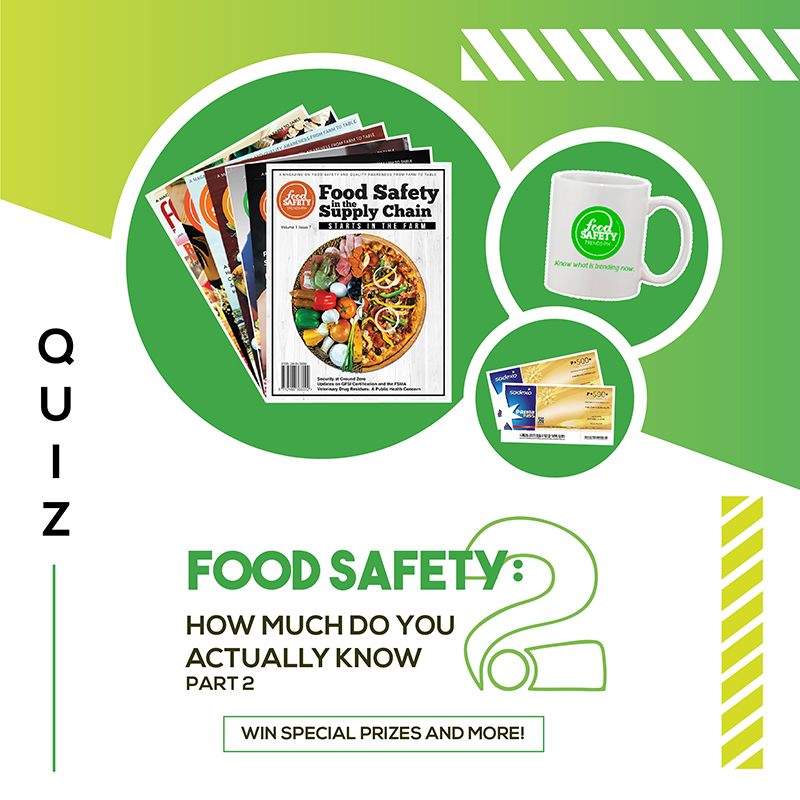
Ace our food safety quiz and get a chance to win a set of the Food Safety Trends Philippines Magazines, Sodexo gift certificates, and other freebies!
February 14, 2020
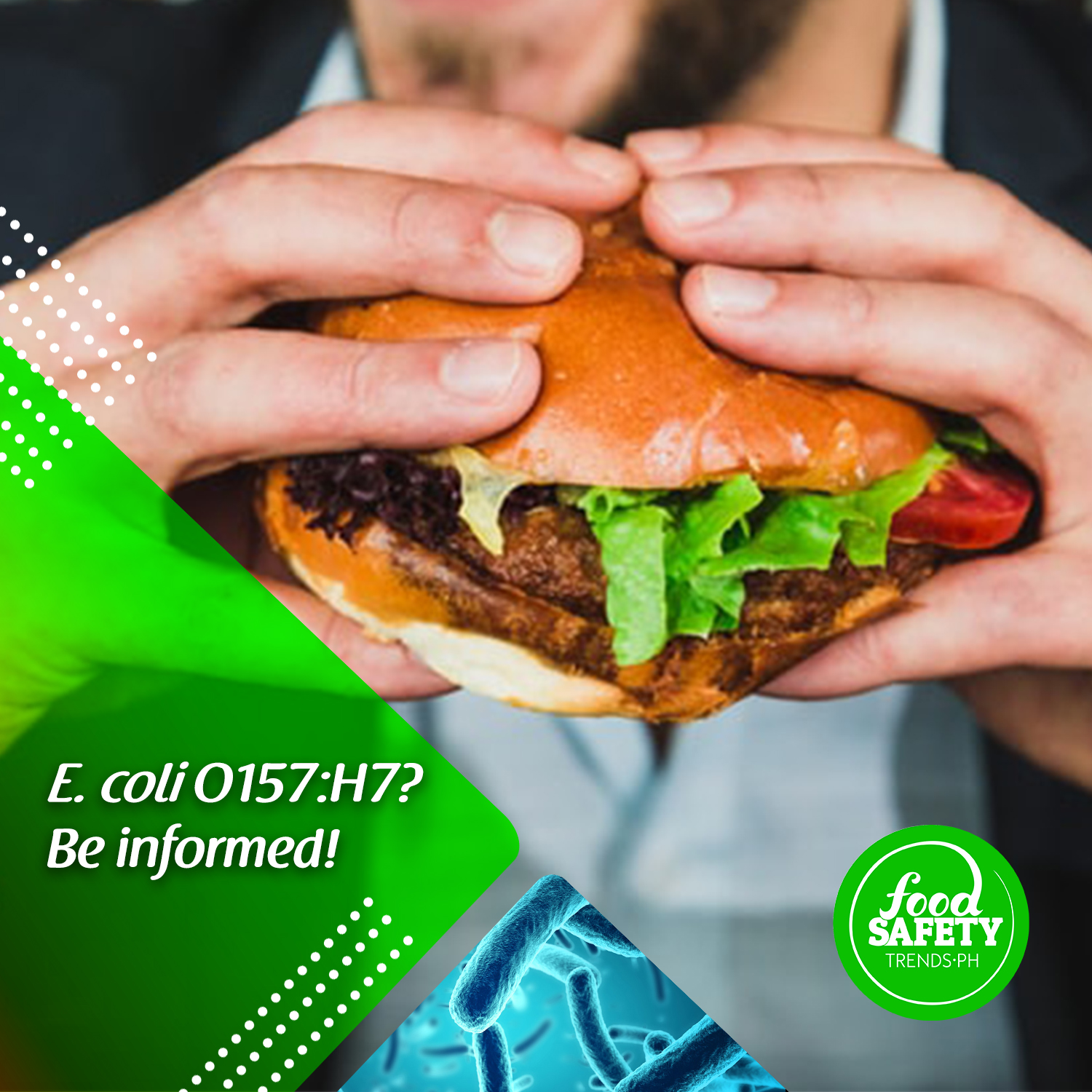
Escherichia coli (E. coli) is a species of Gram-negative bacteria that can be found in the environment, food, and intestines of people and animals—it is specifically considered as the indicator of faecal contamination. This bacterium, particularly its pathogenic strains, remains to be one of the most common causes of foodborne illnesses.
July 5, 2019

Food safety first! June 7 marks the first-ever celebration of the World Food Safety Day with the aim to uplift the food safety awareness to protect the public from foodborne illnesses and inspire action to safer food.
April 2, 2018
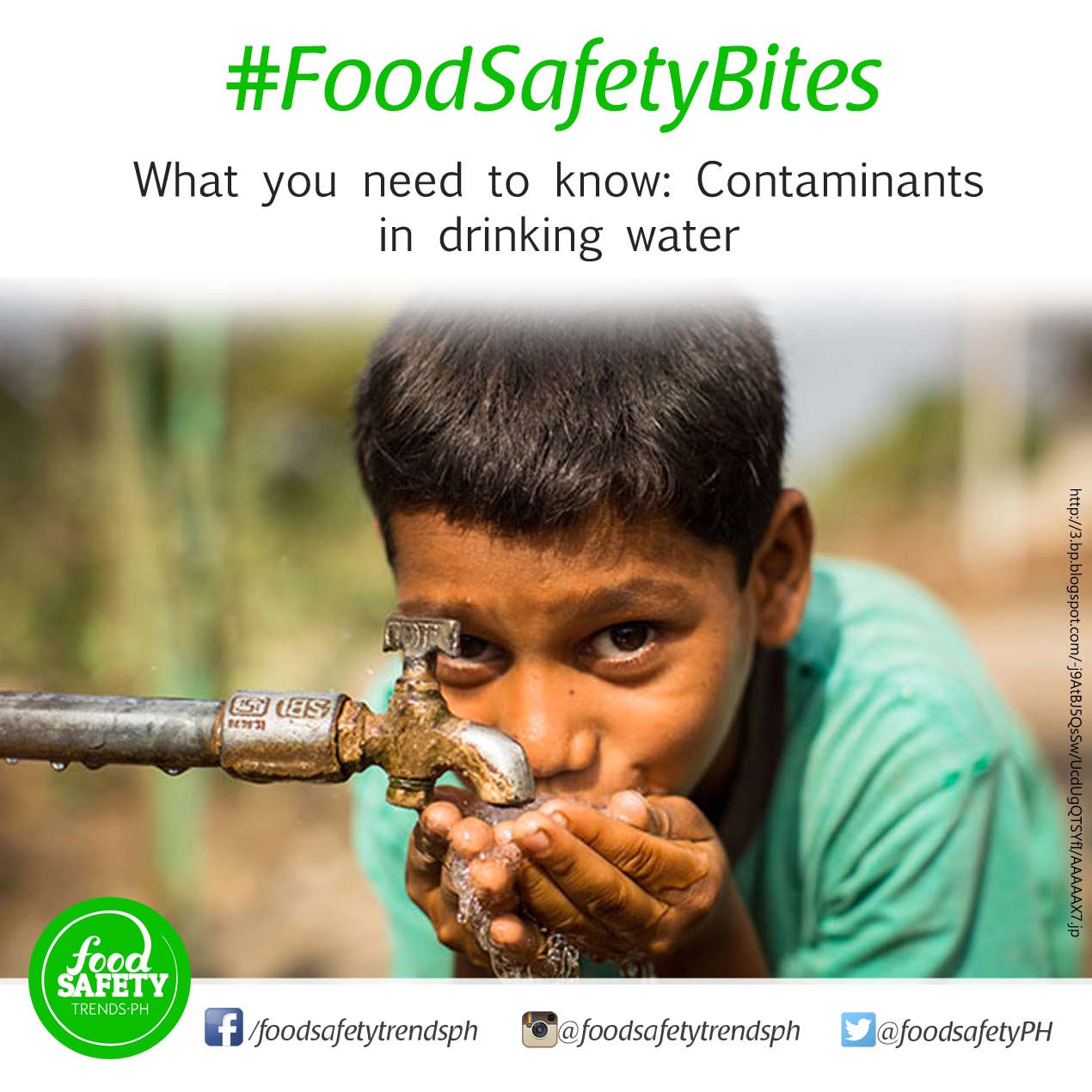
Drinking water may reasonably be expected to contain at least small amounts of contaminants. Some drinking water contaminants may be harmful if consumed at certain levels in drinking water while others may be harmless.
March 22, 2018
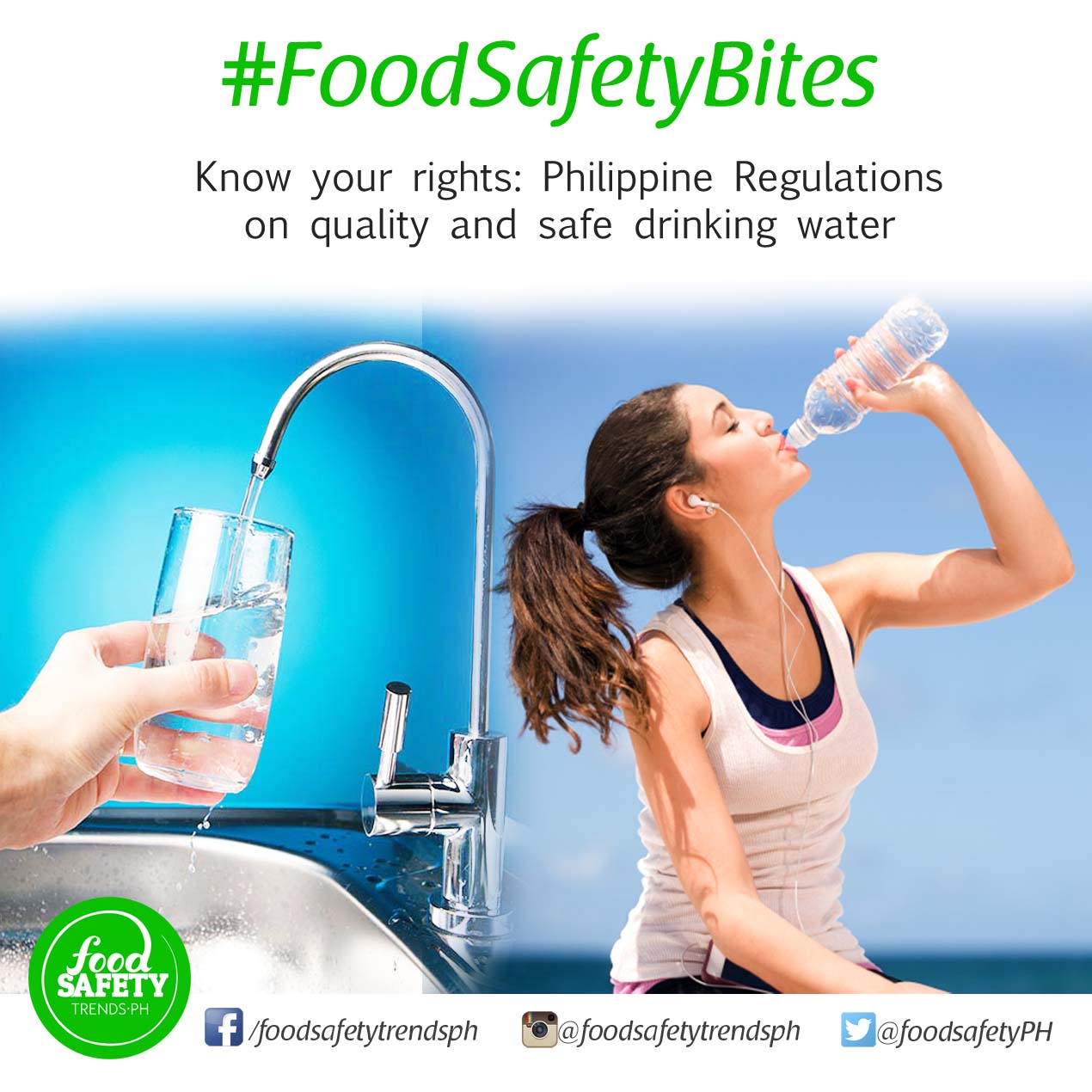
In the Philippines, two separate Administrative Orders govern different types of drinking water sources
September 25, 2017
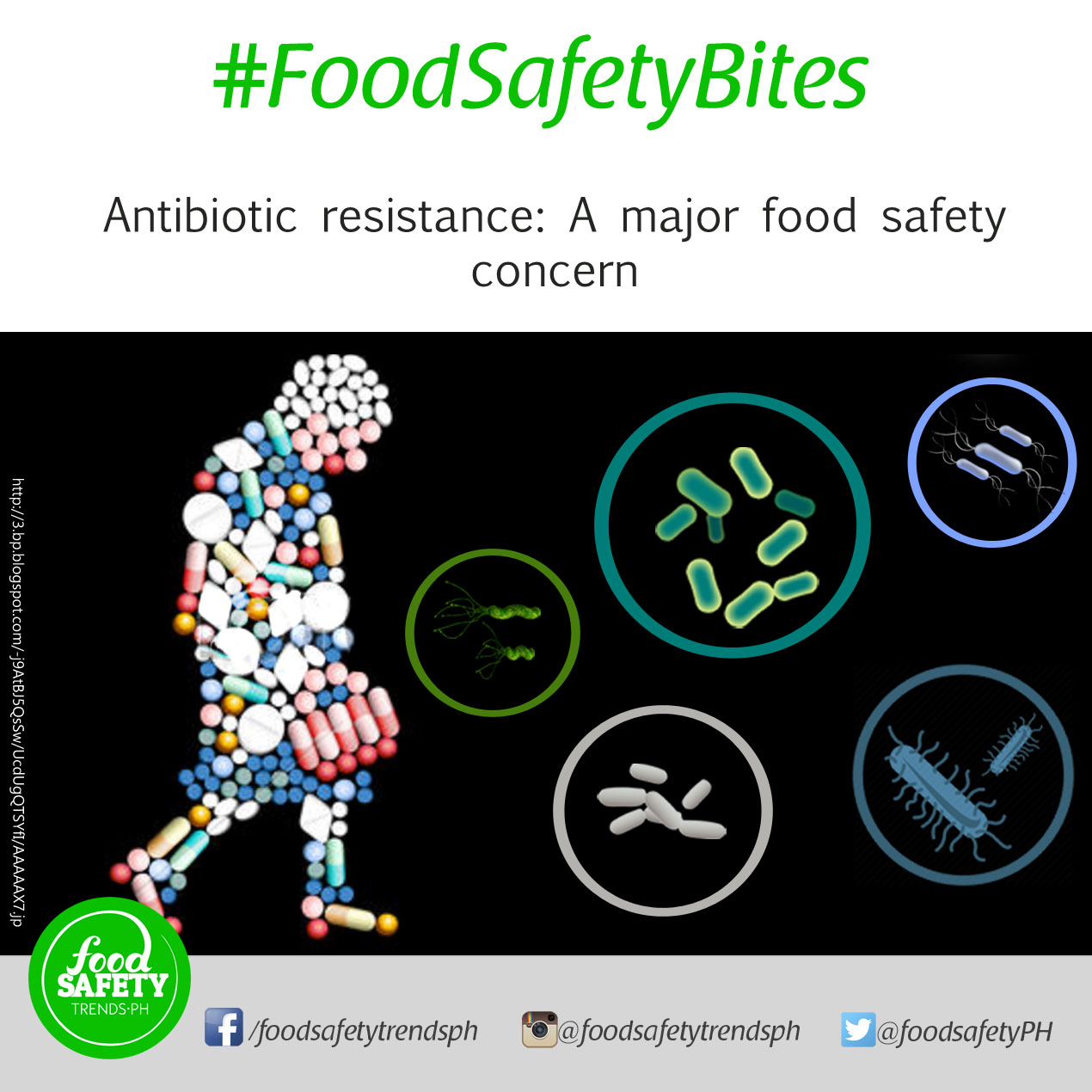
Misuse of antibiotics in food-producing animals can cause adverse health effects to humans. Contaminated food, once consumed, can cause antibiotic resistance, reducing the effectiveness of antibiotics […]
September 21, 2017
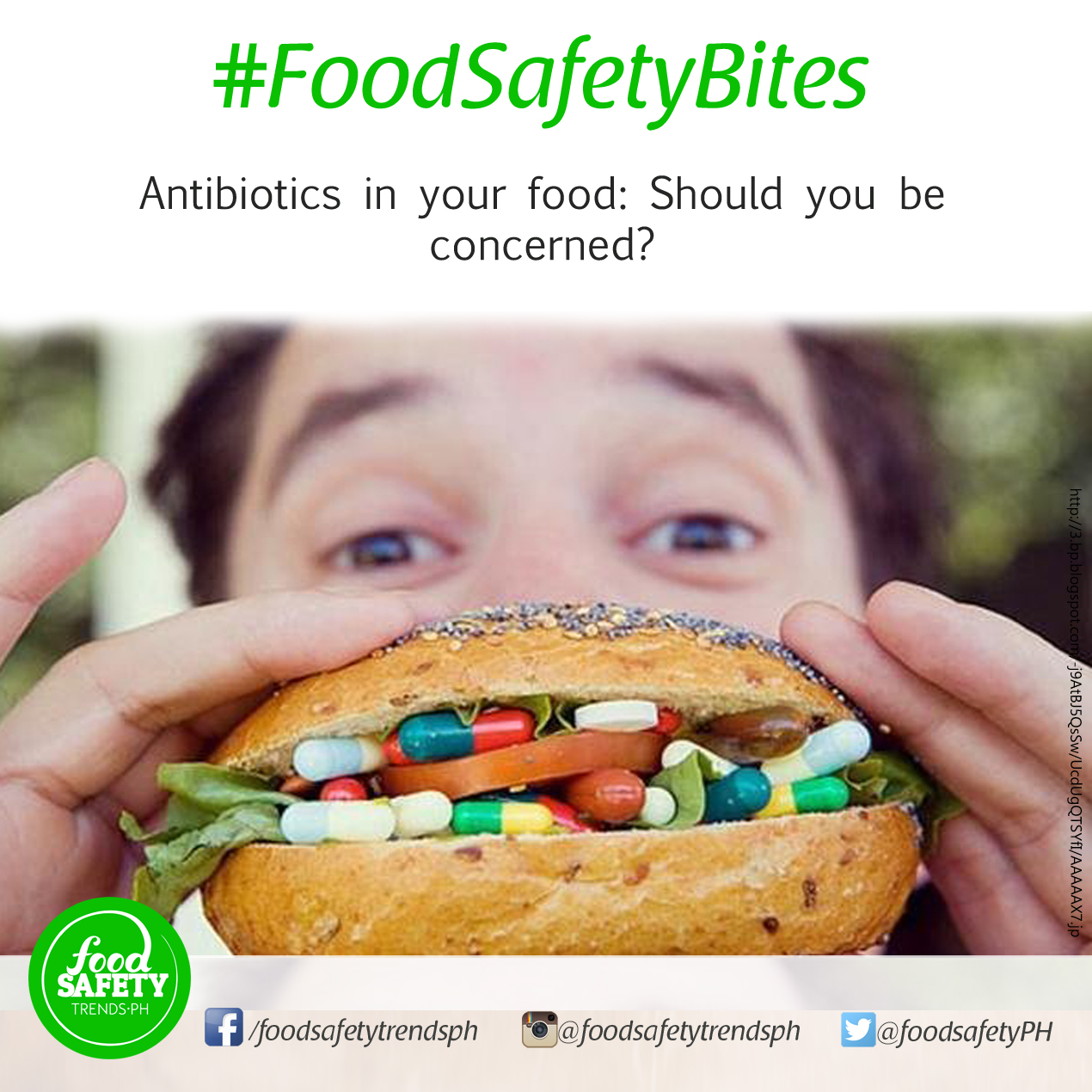
Veterinary drugs such as antibiotics are commonly used in food-producing animals to treat infections, prevent disease, or for growth promotion. Doses of antibiotics are either administered […]
September 20, 2017
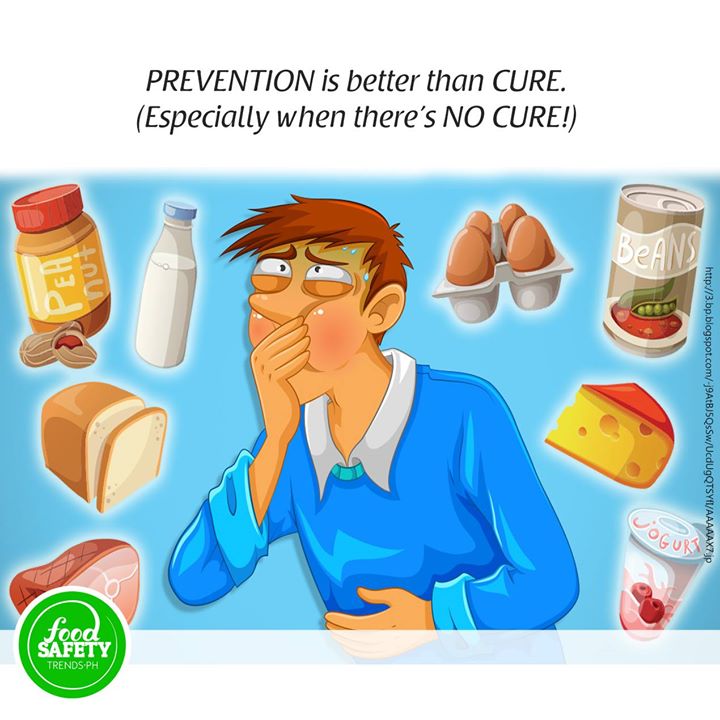
It’s more than the price, the taste or the fancy packaging, especially when you’re allergic to something. Check the labels and list of ingredients of the […]

